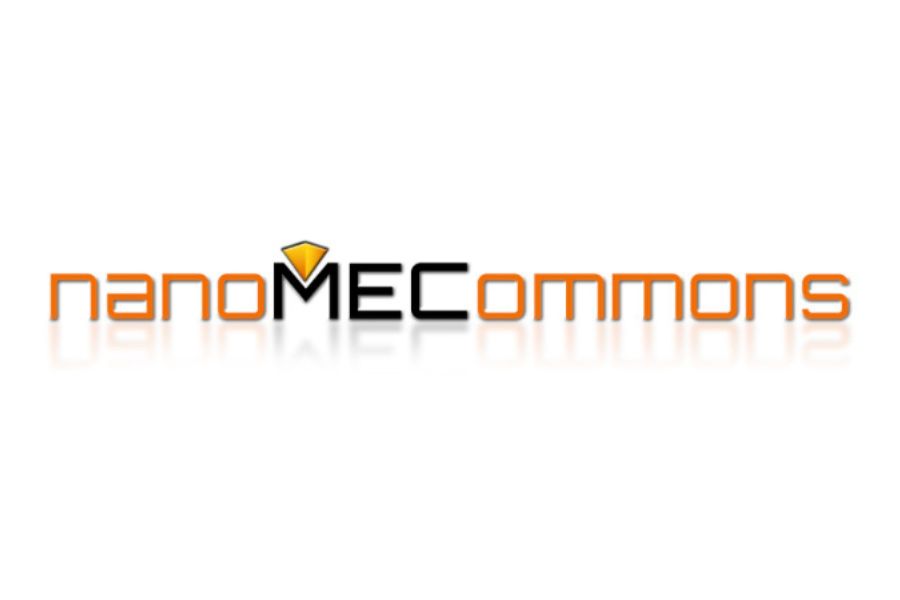Project Name: Harmonisation of EU-wide nanomechanics protocols and relevant data exchange procedures, across representative cases; standardisation, interoperability, data workflow
Open Call Topic(s): Green transition in Europe
Description
EU-funded NanoMECommons will form an EU-wide research and innovation network aiming to develop harmonised and widely accepted characterisation protocols, utilising high-speed nanoindentation (including multi-technique protocols) and focused ion beam. These protocols will be integrated into real industrial environments to boost material, process, and product reliability with reduced measurement discrepancy, and improved data interoperability and traceability (TRL 6). NanoMECommons aims to provide a unique and interoperable metadata structure (iCHADA) to enhance data quality and information management. iCHADA will support the establishment of data-driven structure-properties relations to assist the quality assurance and material design procedures in the industry. The goal is the standardisation of testing to contribute directly to Industry Commons and facilitate the reusability and transferability of characterisation data across multiple manufacturing sectors.
Reason for applying to HSbooster.eu services
In the framework of the European Green Deal and the project objectives for the development of an interoperable iCHADA and corresponding ontology expansion, it is considered relevant to receive guidance on standardization and harmonize the efforts in the European domain. More specifically, this digitalization effort contains the concepts of reproducibility and interoperability of materials testing standards. Along with the strong participation of industrial end-users in the projects, this effort can digitalize the critical information of materials specifications for the materials markets, and full traceability is enabled by the ontology. This is a critical feature that can be part of a materials passport, and more likely when combined with other materials information (production, structure, ecolabels) can complete the vision of a digital materials passport. Standardization experts can provide consultancy and guide the efforts from the very beginning of this vision.
Main standardisation interest
The overall objectives are related to standardisation of testing of industrial materials across five different industries. Nanoindentation and FIB techniques are at the core of innovation activities across the characterization domains to serve the materials markets. The objectives of automation, an increase of resolution and speed are addressed across the work packages. Multi-technique protocols are employed to validate structure-property relationships (including phase mapping) across different materials, and the protocols are tailored in this direction. A lot of data are generated and handled with modelling/AI tools in order to use the knowledge generated to improve understanding across different scales and gain more insights about structure-property relationships/failure mechanisms. The standardized CHADA (CWA 17815) form is used to collect characterization metadata and develop the characterization domain taxonomies and ontology. The aim is to develop an interoperable CHADA (iCHADA), which can be converted into a user-friendly web form to document SOPs/pre-standards for materials characterization, which will be a project topic for standardization in the foreseen CEN Workshop.
Project Acronym: nanoMECommons

Grant Agreement Id: 952869
Start Date:
End Date:
Programme: H2020
Call for proposal: NMBP-35-2020 - Towards harmonised characterisation protocols in NMBP (RIA)
Funding Scheme: RIA - Research and Innovation action



